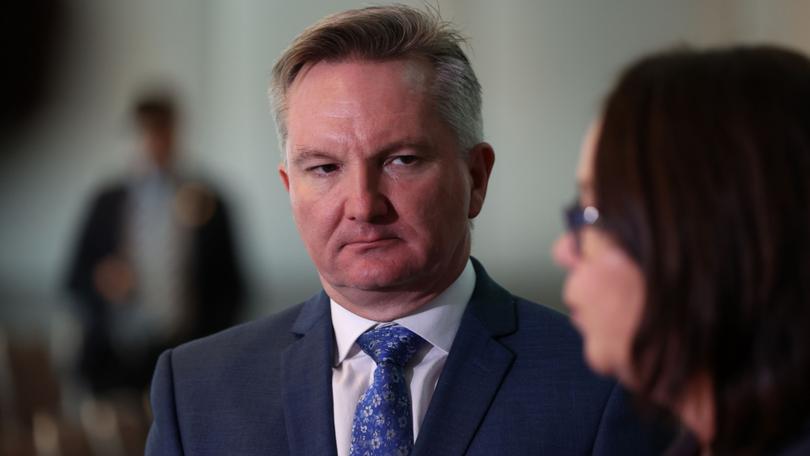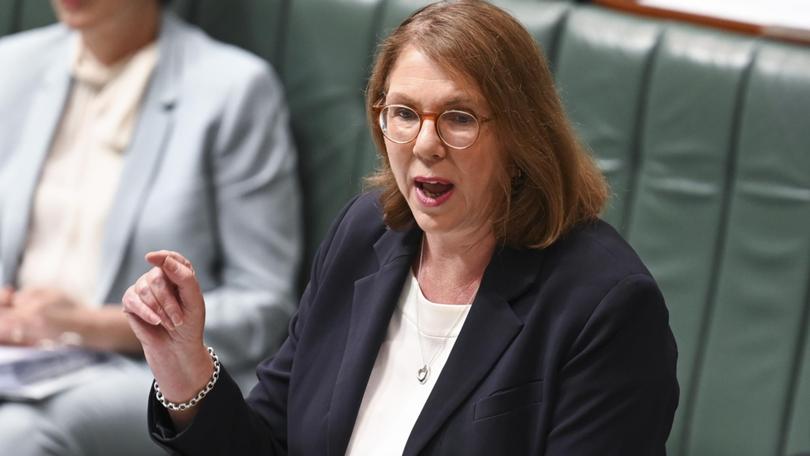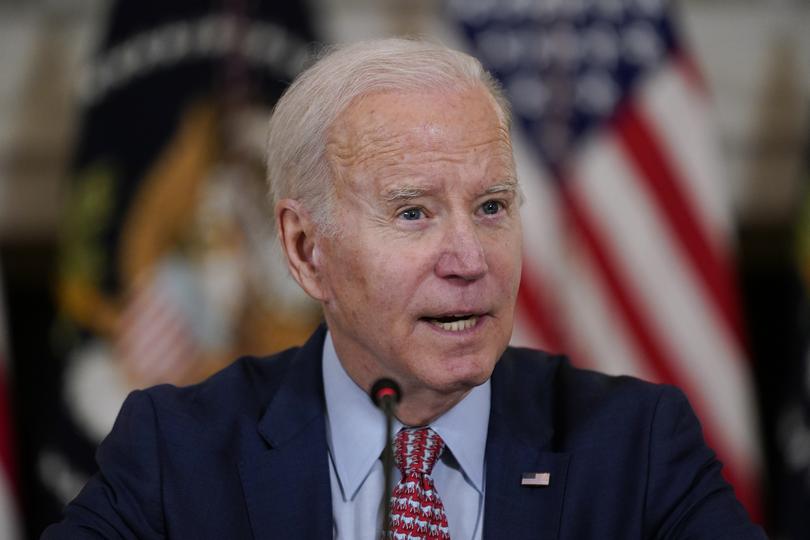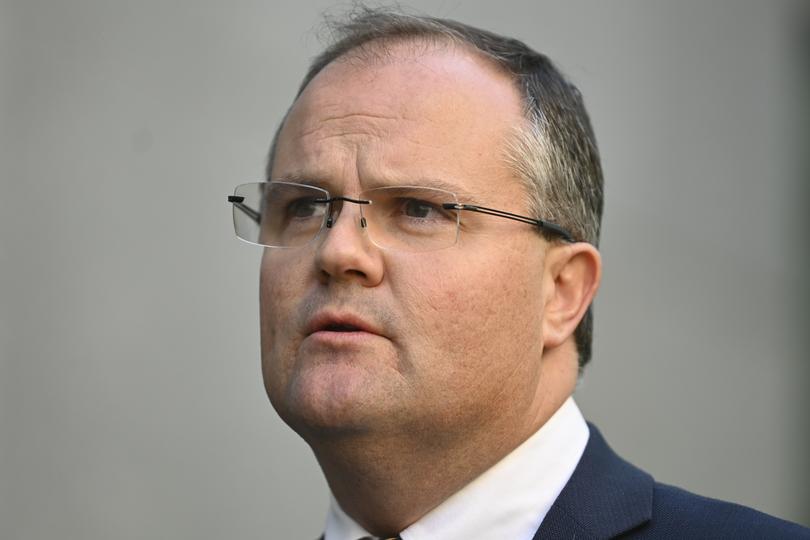Albanese Government compromises on clean car emission standards after Cabinet sign off
Key concessions to the Albanese Government’s ‘ute tax’ have been signed off by Federal Cabinet, in a bid to stave off a political backlash from car makers, dealerships and the Opposition.

Key concessions to the Albanese Government’s “ute tax” have been signed off by Federal Cabinet, in a bid to stave off a political backlash from car makers, dealerships and the Opposition.
The concessions come after high-level behind-the-scenes negotiations with the automotive sector, with Federal Cabinet reportedly agreeing to several changes to its contentious clean car plan.
The government is poised to announce softer emission reduction targets under the National Vehicles Emissions Scheme, including rewards for car manufacturers that include environmentally friendly air-conditioning gases in their vehicles.
Sign up to The Nightly's newsletters.
Get the first look at the digital newspaper, curated daily stories and breaking headlines delivered to your inbox.
By continuing you agree to our Terms and Privacy Policy.
The concessions are modeled on a similar United States scheme.
The US Government’s decision this week to slow the transition to new pollution standards has handed Climate Change Minister Chris Bowen and Transport Minister Catherine King political cover to adjust Australia’s plan.
Other changes believed to have been signed off by Cabinet include a reclassification of heavy SUVs, which share a chassis and drive trains as utes, as “light commercial vehicles”.
The reclassification would mean the vehicles would be subject to lower emission reduction targets.
The policy would use the threat of fines to encourage manufacturers to send fewer gas guzzlers and more fuel-efficient cars — including EVs — to Australia.
Mr Bowen had indicated that while the Federal Government was strongly committed to fuel standards, it was prepared to consider “sensible” changes.

He said the Biden Administration announcement was “of interest” to the Government as it finalised its policy.
A select group of car makers and automotive bodies was invited to a closed-door departmental briefing on Thursday to discuss the plan.
The Federal Chamber of Automotive Industries — the leading industry critic of Labor’s approach — was not invited to the briefing, nor was the Australian Automobile Association.
An FCAI spokesman said the Government was failing to listen to the “concerns of industry and the impact this policy will have on Australian families and customers”.
“The Government is refusing to acknowledge the real-world impacts to everyday Australians by excluding industry groups from continued closed-door consultations,” the spokesman said.
“The FCAI continues to stand ready to work productively with the Government to attain a more effective outcome that will achieve the required emissions reductions and support consumers in terms of the choice and cost of vehicles in the Australian market.”
This view is not shared by the Motor Trades Association of Australia, whose chief executive, Matthew Hobbs, said the Government’s approach had shifted in the past month and it was now taking the industry’s concerns into account.
The Nightly understands the MTAA was invited to Thursday’s briefing, which was strictly off the record.

The Federal Government will face an uphill battle to get the legislation through the Federal Parliament with the Coalition almost certain to oppose it unless Labor’s position shifts dramatically.
Shadow climate change and energy minister Ted O’Brien described Mr Bowen as a “bad-faith actor” who had refused to consult with the Opposition.
“No one disagrees with helping Australians drive more fuel-efficient vehicles, but we completely disagree with walloping Australian families and tradies with a new tax and telling them what cars they should drive,” Mr O’Brien told The Nightly.
The Greens have offered to pass the changes unamended — but only if Labor dumps an unrelated Bill handing the resources minister the power to make changes to consultation requirements for offshore gas projects.
Labor is pushing ahead with the Bill with the support of the Coalition, angering the Greens and environmental groups.
Originally published on The Nightly
